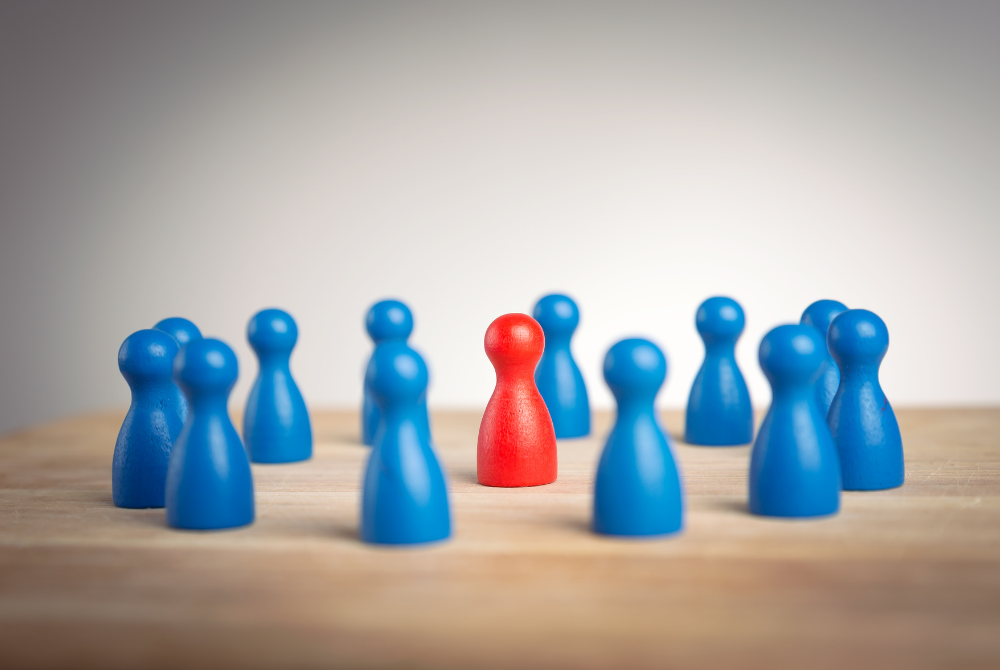Under pressure: How peer influence and cyberbullying impact children’s mental health
Children face unprecedented levels of pressure to fit in —both in real life and online.

In today’s hyper-connected world, children are facing unprecedented levels of pressure to fit in —both in real life and online.
Sri Kota Specialist Medical Centre Consultant Paediatrician Dr Bernice Lim Pei-Yi said that kids should never feel forced into behaviours they don’t understand or aren’t comfortable with.
“Peer pressure can happen anywhere—within school or social circles offline, and just as easily on social media platforms,” Dr Lim said.
With this, parents play a proactive role in preventing children from falling victim to these pressures.
"When we talk about peer pressure offline, it occurs within a social circle that the child spends a lot of time with, for example in school or extracurricular activities," she said.
Children often face an uncomfortable choice—engage in behaviours they aren’t familiar with or risk being excluded and even bullied.
Beyond school, family and cultural norms also play a role in creating unrealistic expectations for children to live up to.
But it’s not just offline where the pressure mounts. Online, children are lured by the desire for likes, followers, and comments. Social media presents an idealised version of reality, one that many kids feel compelled to emulate.
“You want to post certain types of content or behave in a specific way so that people will click like, follow, or subscribe more,” Dr Lim explained.

Even within online gaming communities and girl chat rooms, the pressure to conform is very real.
This pressure is often made worse by cyberbullying, fueled by the anonymity of "keyboard warriors" who hide behind screens to spread hate. This poses a deep mental health impact this can have on children.
“Cyberbullying is due to the increasing use of the Internet and social media by children,” she said.
Peer pressure within online groups can take various forms, from exclusion to verbal abuse.
“When you exclude people from group activities, it is an act to reinforce feelings of loneliness and indifference,” Dr Lim said.
The emotional toll can be devastating, especially when accompanied by threats and aggressive messaging.
A newer form of cyberbullying, “doxxing”—the act of publishing someone’s private information with malicious intent—is becoming more common.
According to Dr Lim, this practice can severely damage a child’s self-esteem and reputation.
“They can post intimidating, embarrassing content or reviews—all that can harm a child’s mental well-being,” she explained.
To combat these growing threats, Dr Lim calls for increased education, public awareness, and digital literacy.
"We should know when there is a threat, when somebody is going into the realm of threatening, so you know how to report them," she advises. Education, she believes, is key to helping children navigate the complex social pressures of the digital age.











